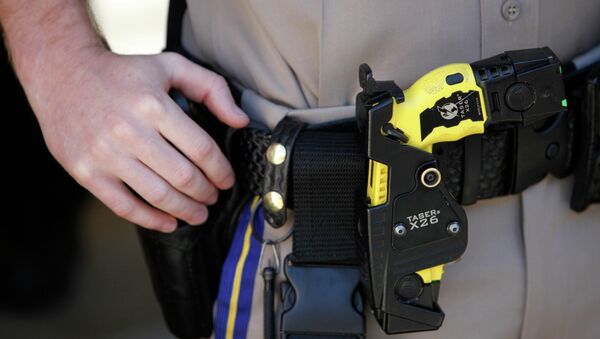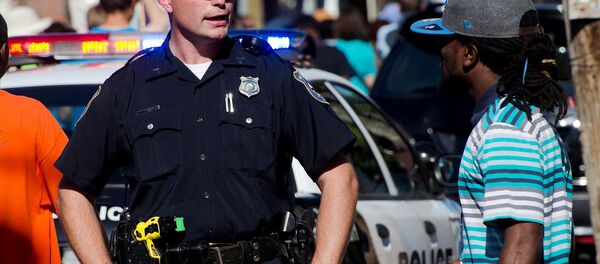The newspaper found that federal prosecutors declined to file charges in 12,703 potential civil rights violations out of 13,233 complaints between 1995 and 2015, after examining almost three million documents from the Justice Department.
In their research, the Tribune-Review found that the most common reasons for prosecutors to refuse civil rights cases were “weak or insufficient evidence,” “lack of criminal intent,” or “orders from the Justice Department.”
The paper’s findings were released just days after it was announced that white NYPD Officer Richard Haste, who shot and killed 18-year-old Ramarley Graham, after entering his family home without a warrant, would not be prosecuted. The black teenager was unarmed and attempting to flush a small amount of marijuana down the toilet.
A grand jury had initially indicted Haste for the shooting, but the case was dismissed due to a prosecutorial error. A second grand jury declined to indict the officer, and the US attorney for the Southern District of New York, Preet Bharara, decided that there was insufficient evidence to charge Haste with a federal crime.
As the laws currently stand, it is much more difficult to bring a federal civil rights charge against an officer than a state-level misconduct case. In order for federal charges to be brought, a prosecutor must prove that the officer acted “willfully” to deprive someone of their rights — meaning that negligence or recklessness are not grounds for charges.
Even with witness or surveillance video, there is often not enough to charge an officer.
“There's no question in any particular case if we have a video, it might be very, very strong evidence of a crime,” Steve Kaufman, chief of the criminal division for the US Attorney's Office for Western Pennsylvania in Pittsburgh, told the Tribune-Review. “But we sometimes have to decline cases that have video, if the video doesn't show that a crime occurred.”
An effort launched by the Guardian, called The Counted, tracked 1140 people killed by police in 2015 and an additional 206 in 2015 by mid-March.






